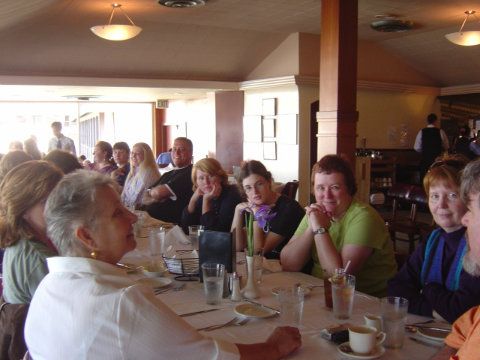Until now:
U.S. Says Genes Should Not Be Eligible for Patents
I'm not sure what sort of change this will bring to the biotech industry at present. Nor am I sure what it will mean for other types of biological patents, such as the ones my former thesis advisor takes out on the crystal structures that came out of the lab. And, though my name is on one of those patents, I feel the same about patenting a structure of a biomolecule as I do about patenting a gene.The issue of gene patents has long been a controversial and emotional one. Opponents say that genes are products of nature, not inventions, and should be the common heritage of mankind. They say that locking up basic genetic information in patents actually impedes medical progress. Proponents say genes isolated from the body are chemicals that are different from those found in the body and therefore are eligible for patents.
The Patent and Trademark Office has sided with the proponents and has issued thousands of patents on genes of various organisms, including on an estimated 20 percent of human genes.
But in its brief, the government said it now believed that the mere isolation of a gene, without further alteration or manipulation, does not change its nature.
“The chemical structure of native human genes is a product of nature, and it is no less a product of nature when that structure is ‘isolated’ from its natural environment than are cotton fibers that have been separated from cotton seeds or coal that has been extracted from the earth,” the brief said.
However, the government suggested such a change would have limited impact on the biotechnology industry because man-made manipulations of DNA, like methods to create genetically modified crops or gene therapies, could still be patented. Dr. James P. Evans, a professor of genetics and medicine at the University of North Carolina, who headed a government advisory task force on gene patents, called the government’s brief “a bit of a landmark, kind of a line in the sand.”



